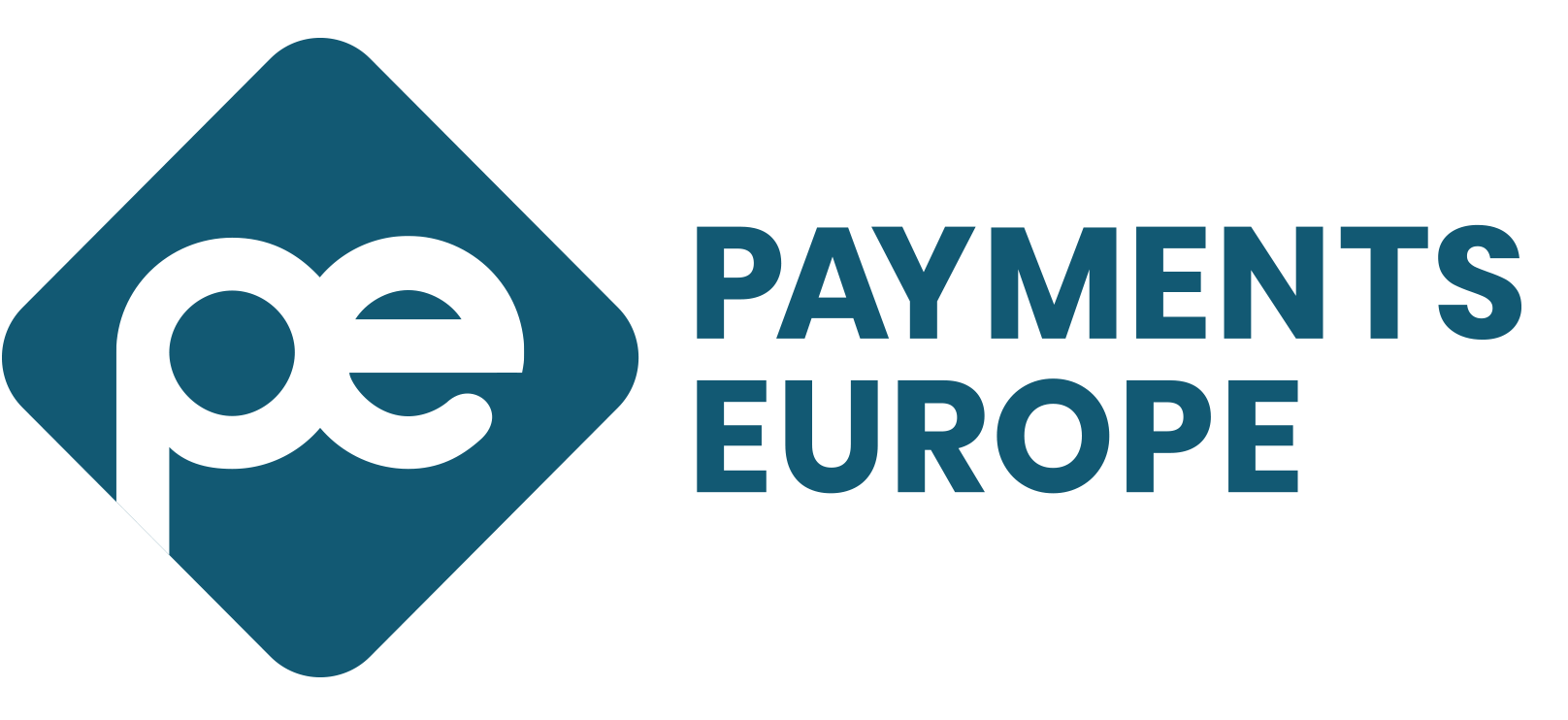Response to the questions raised by the European Commmission’s PSMEG Working Group
Key takeaways
- Payments Europe welcomes the uptake of instant payments, which will increase the variety of payment instruments available to consumers and retailers.
- Adherence to SEPA SCT Inst. is increasing organically. Should adherence to SCT Inst. be mandated, market players should be granted sufficient time to make all necessary investments to receive/send instant credit transfers without endangering the safety and security of transactions.
- The market should be allowed to determine the pricing and commercial dynamics linked to instant payments.
- We support mandating Confirmation of Payee (CoP) to protect consumers from the risk of sending funds to the wrong beneficiary. Implementation of CoP should be left to the market.
Payments Europe supports the uptake of instant payments. Instant payments will complement, rather than replace, existing payment instruments such as cards.
Every payment instrument has different value and cost elements, and thus a different use case. Payments Europe believes that consumers should be allowed to decide which payment method is best suited for a specific purchase. For this to be the case, consumers need to be given access to all necessary information about the different features, value, functionalities, and costs. With this in mind, Payments Europe stresses the importance of transparency and informed choice.
Payments Europe invites policymakers to ensure new regulatory measures do not undermine the ability of payment service providers (PSPs) to design and promote instant payments products. Rather, we believe regulators should provide a framework that is respectful of the well-functioning payments market and level playing field. Indeed, regulatory intervention, especially around features such as pricing, may distort market balance and lead to poor, or slow, uptake of alternative payment methods, such as instant payments.
Taking note of the European Commission’s plans to propose a legislative initiative to enable the uptake of instant payments and of the related questionnaire developed by the European Commission Payment Systems Markets Expert Group (PSMEG), Payments Europe would like to highlight the following considerations with regards to (1) adherence to SEPA SCT Inst scheme and sequencing, (2) pricing, and (3) consumer protection.
Adherence to SCT Inst and sequencing
Payments Europe believes that payment service providers (PSPs) have made significant progress to voluntarily improve adherence to the SEPA SCT Inst scheme. According to the European Central Bank1, as of June 2021, 69% of the SCT scheme participants adhered to the SCT Inst scheme at European level. However, there are stark differences between Member States, ranging from 92% of Austrian PSPs providing SCT Inst options to 0% in other Member States such as Greece and Slovakia.
Should adherence to SCT Inst be mandated, Payments Europe believes that market players should be granted sufficient time to make all necessary investments to receive/send instant credit transfers without endangering the safety and security of transactions and the high level of protection that European consumers have been accustomed to in payments. Based on the experience our members have had with the implementation of PSD2, there should be at least two years between the entry into force of the legislation mandating adherence and the deadline for adherence implementation. Payments Europe also believes that non-euro area PSPs should be granted more time, seeing the lower levels of adherence to the SCT Inst scheme amongst non-eurozone Member States, with an average of only 4%.
Pricing of euro instant credit transfer transactions
Payments Europe supports a European payments market where all payment instruments are treated equally from a regulatory point of view. The choice about which payment instrument to use should sit with end-users, and regulators should allow for payment instruments to compete in a regulatory- neutral framework.
The uptake of instant payments will depend on their commercial benefits, price, and overall value offering. We invite the regulator to refrain from intervening on the pricing of instant payments, as this could distort market balance and reduce commercial interest for one or more player in the value chain, leading to decreased use or acceptance of instant payments.
This is even more true as offering instant payment solutions will be associated with extra costs for PSPs due to the need to develop the required infrastructure and/or accommodate for specific features. Payments Europe calls on the regulator to let the market determine the pricing and commercial dynamics. If instant payments become a cost, it is unlikely they will be promoted.
One recurrent issue that consumer have encountered when executing instant payment transfers is the risk of sending the funds to the wrong beneficiary. Payments Europe fully understand the advantages of having a central IBAN verification database, due to its simplicity and low derived costs.
However, we are mindful of the required daily heavy update process and the greater potential for problems in terms of operational resilience and security. We are supportive, at this stage, of having Confirmation of Payee (CoP) mandated by the regulators. The regulation should allow the market to decide how to implement such a CoP and avoid prescriptive rules regarding the form or the messaging used. It would speed up and facilitate market adoption of such a CoP requirement to the benefit of consumers.
As more payment instruments come to market, it is paramount that consumers have access to all the necessary information about the different payment solution features, such as the applicable fraud or consumer protection measures, to be able to make informed choices.
1 European Payments Council Status Update on SCT Inst Scheme June 2021

